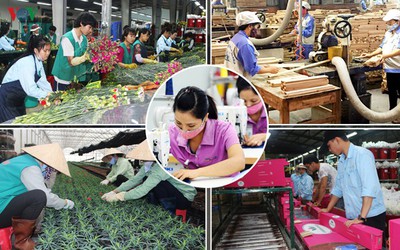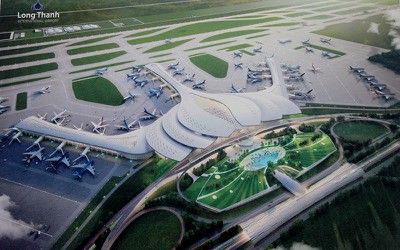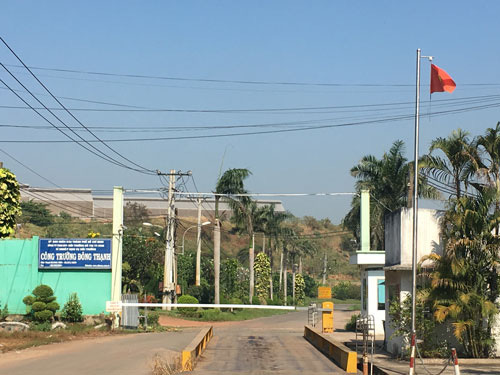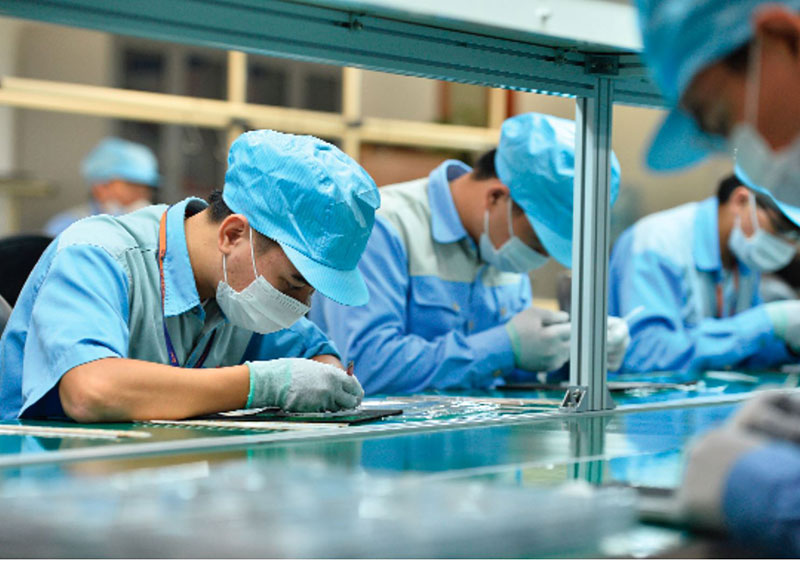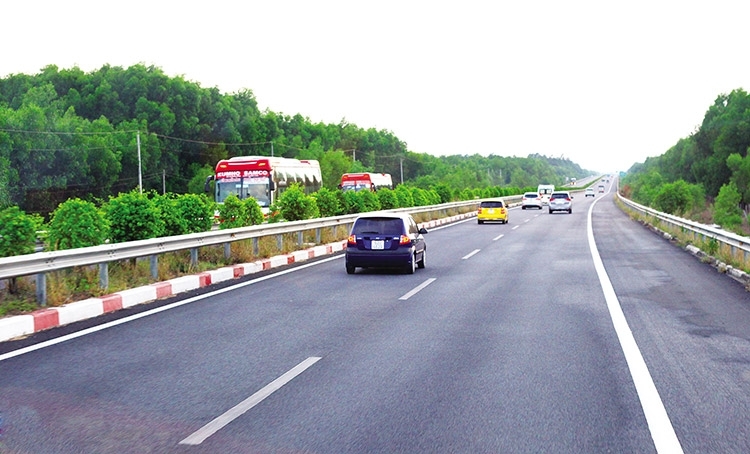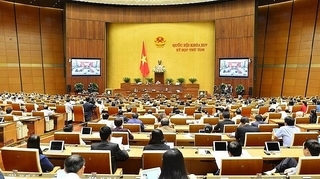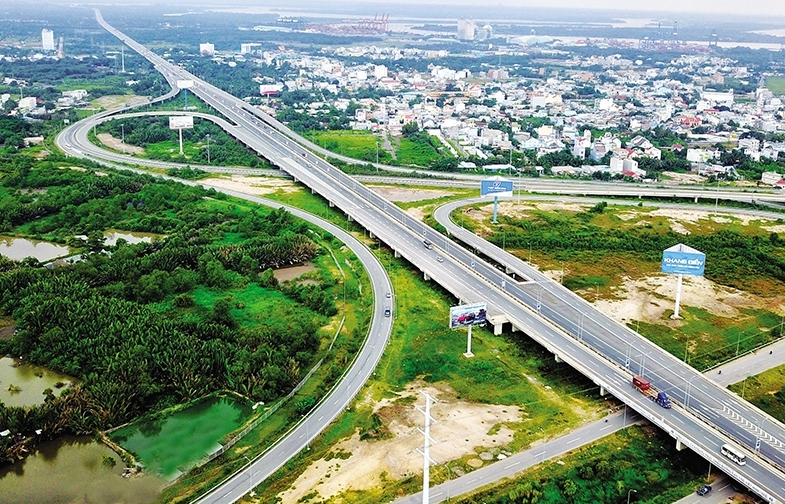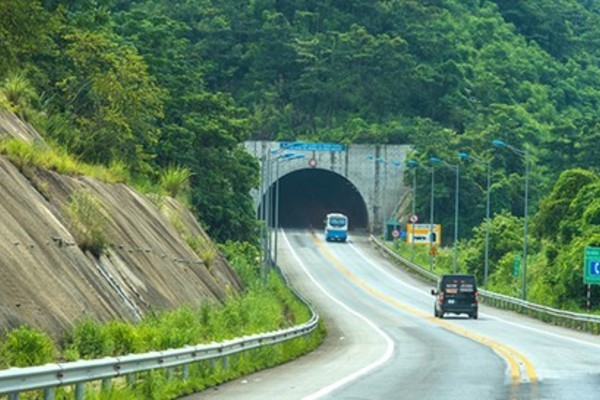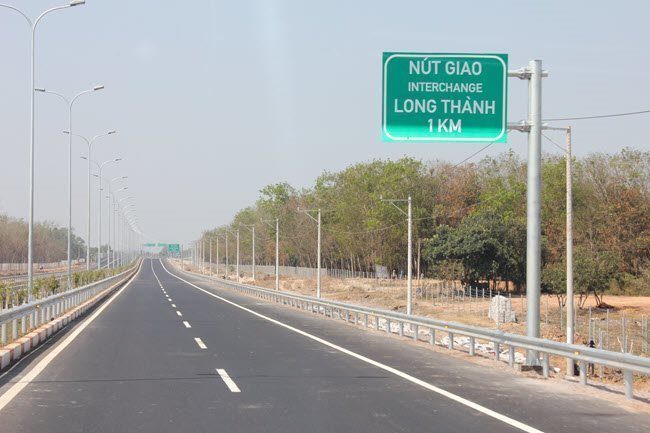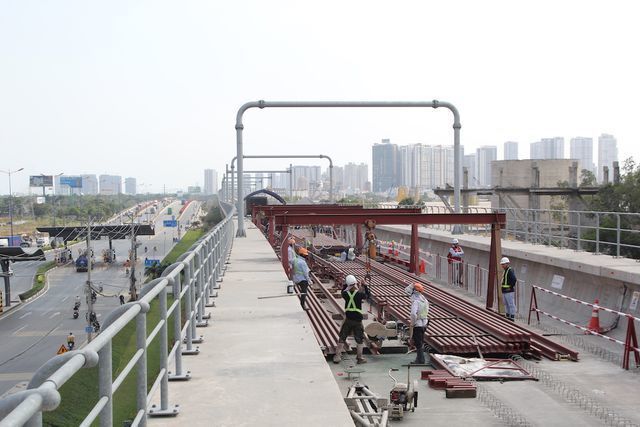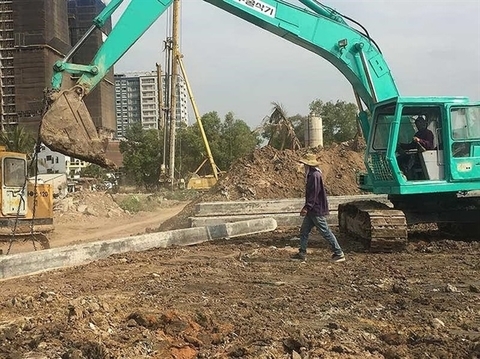- © Copyright of Vietnamnet Global.
- Tel: 024 3772 7988 Fax: (024) 37722734
- Email: evnn@vietnamnet.vn
PPP
Update news PPP
New growth model for new decade
 In 2019, foreign direct investment attraction was a bright spot of Vietnam’s economic picture. It is expected to continue being one of the vital drivers of the country’s growth this year and beyond.
In 2019, foreign direct investment attraction was a bright spot of Vietnam’s economic picture. It is expected to continue being one of the vital drivers of the country’s growth this year and beyond.
Ample opportunities for infrastructure investors
 The transport sector could make a breakthrough in investment mobilisation for national key projects this year.
The transport sector could make a breakthrough in investment mobilisation for national key projects this year.
Vietnamese infrastructure policy earns investors’ thumbs-up
 To lure more foreign investment in infrastructure, Vietnam needs to have a clear public-private partnership (PPP) framework.
To lure more foreign investment in infrastructure, Vietnam needs to have a clear public-private partnership (PPP) framework.
Investors sought for landfill improvement projects
 The HCM City People’s Committee is calling for investment in the form of Public-Private Partnerships (PPP) to improve environmental conditions at three closed landfill sites.
The HCM City People’s Committee is calling for investment in the form of Public-Private Partnerships (PPP) to improve environmental conditions at three closed landfill sites.
US Development Finance eyes to invest in Vietnamese enterprises
 US Development Finance Corporation is committed to investing in Vietnam, particularly in energy, healthcare and infrastructure development.
US Development Finance Corporation is committed to investing in Vietnam, particularly in energy, healthcare and infrastructure development.
Infrastructure developers await law on PPP
 The National Assembly is working on an investment law on public-private partnerships (PPP) which investors hope will settle legal conflicts.
The National Assembly is working on an investment law on public-private partnerships (PPP) which investors hope will settle legal conflicts.
Plans lodged for thorny BT schemes
 Problems in the parity-price principle have emerged in the latest decree on payment for build-transfer projects, with solutions to the matter remaining in wait.
Problems in the parity-price principle have emerged in the latest decree on payment for build-transfer projects, with solutions to the matter remaining in wait.
What do foreign investors worry about when investing in VN infrastructure projects?
 There are three problems which may make foreign investors shrink when considering investment in transport infrastructure projects in Vietnam.
There are three problems which may make foreign investors shrink when considering investment in transport infrastructure projects in Vietnam.
National Assembly deputies give voice as law on PPP takes shape
 The National Assembly has officially voiced support for the revenue risk sharing mechanism in the long-awaited draft Law on Public-Private Partnerships, but worries persist over feasible conditions, state budget affordability, and project scale.
The National Assembly has officially voiced support for the revenue risk sharing mechanism in the long-awaited draft Law on Public-Private Partnerships, but worries persist over feasible conditions, state budget affordability, and project scale.
Transformation ahead in PPP investment risk mechanisms
 Long-standing concerns could be solved in the latest version of the draft Law on Public-Private Partnerships ahead of National Assembly discussions.
Long-standing concerns could be solved in the latest version of the draft Law on Public-Private Partnerships ahead of National Assembly discussions.
PPPs take on South Korean flavour
 With Vietnam as a focus of President Moon Jae-in’s New Southern Policy, South Korea is supporting the country’s development of the legal framework on public-private partnership investment.
With Vietnam as a focus of President Moon Jae-in’s New Southern Policy, South Korea is supporting the country’s development of the legal framework on public-private partnership investment.
Markers for a structured law on public-private partnerships
 Vietnam is boosting attraction of investment through public-private partnerships.
Vietnam is boosting attraction of investment through public-private partnerships.
Financing for BOT projects in Vietnam on ice
 Vietnam has closed its doors to international investors joining the Eastern Cluster of the North-South Expressway initiative, catering to domestic groups only.
Vietnam has closed its doors to international investors joining the Eastern Cluster of the North-South Expressway initiative, catering to domestic groups only.
Well-structured law to channel foreign investment into Vietnam’s infrastructure
 The Vietnamese government is trying to lure investors to the country’s infrastructure development projects amid limited public funding and experts believe the investors will come if the government can create a sound legal and regulatory environment.
The Vietnamese government is trying to lure investors to the country’s infrastructure development projects amid limited public funding and experts believe the investors will come if the government can create a sound legal and regulatory environment.
North-south expressway: success or failure depends on credit
 With the decision on canceling international bidding for the North-South expressway, the success or failure of the project now depends on the capability of domestic contractors and the credit to be provided.
With the decision on canceling international bidding for the North-South expressway, the success or failure of the project now depends on the capability of domestic contractors and the credit to be provided.
First PPP agricultural project launched in Hau Giang
 The knowledge sharing and technical assistance project for agriculture was launched in the Mekong Delta province of Hau Giang on August 19 with the debut of a public-private partnership (PPP) group for the project.
The knowledge sharing and technical assistance project for agriculture was launched in the Mekong Delta province of Hau Giang on August 19 with the debut of a public-private partnership (PPP) group for the project.
North-south expressway: Chinese contractors account for majority
 While Japanese contractors are absent, many Chinese enterprises have registered to attend the bids for eight component projects of the north-south rail expressway project.
While Japanese contractors are absent, many Chinese enterprises have registered to attend the bids for eight component projects of the north-south rail expressway project.
Looking further afield to stimulate infrastructure
 Vietnam’s new draft law on public-private partnership takes inspiration from legal frameworks around the world and provides an opening to satisfy the country’s growing demand for infrastructure investment.
Vietnam’s new draft law on public-private partnership takes inspiration from legal frameworks around the world and provides an opening to satisfy the country’s growing demand for infrastructure investment.
Hanoi halts two metro projects to wait for new government regulations
 Hanoi authorities have halted two metro projects under the form of public-private partnership (PPP) to wait for new regulations following the government’s on-going revision of its investment mechanism.
Hanoi authorities have halted two metro projects under the form of public-private partnership (PPP) to wait for new regulations following the government’s on-going revision of its investment mechanism.
HCM City to reduce dependence on private investors for transport infrastructure
 HCM City has decided to convert a number of private transport infrastructure projects that were designated as BOT (build – operate – transfer) and BT (Built – Transfer) into public projects.
HCM City has decided to convert a number of private transport infrastructure projects that were designated as BOT (build – operate – transfer) and BT (Built – Transfer) into public projects.
